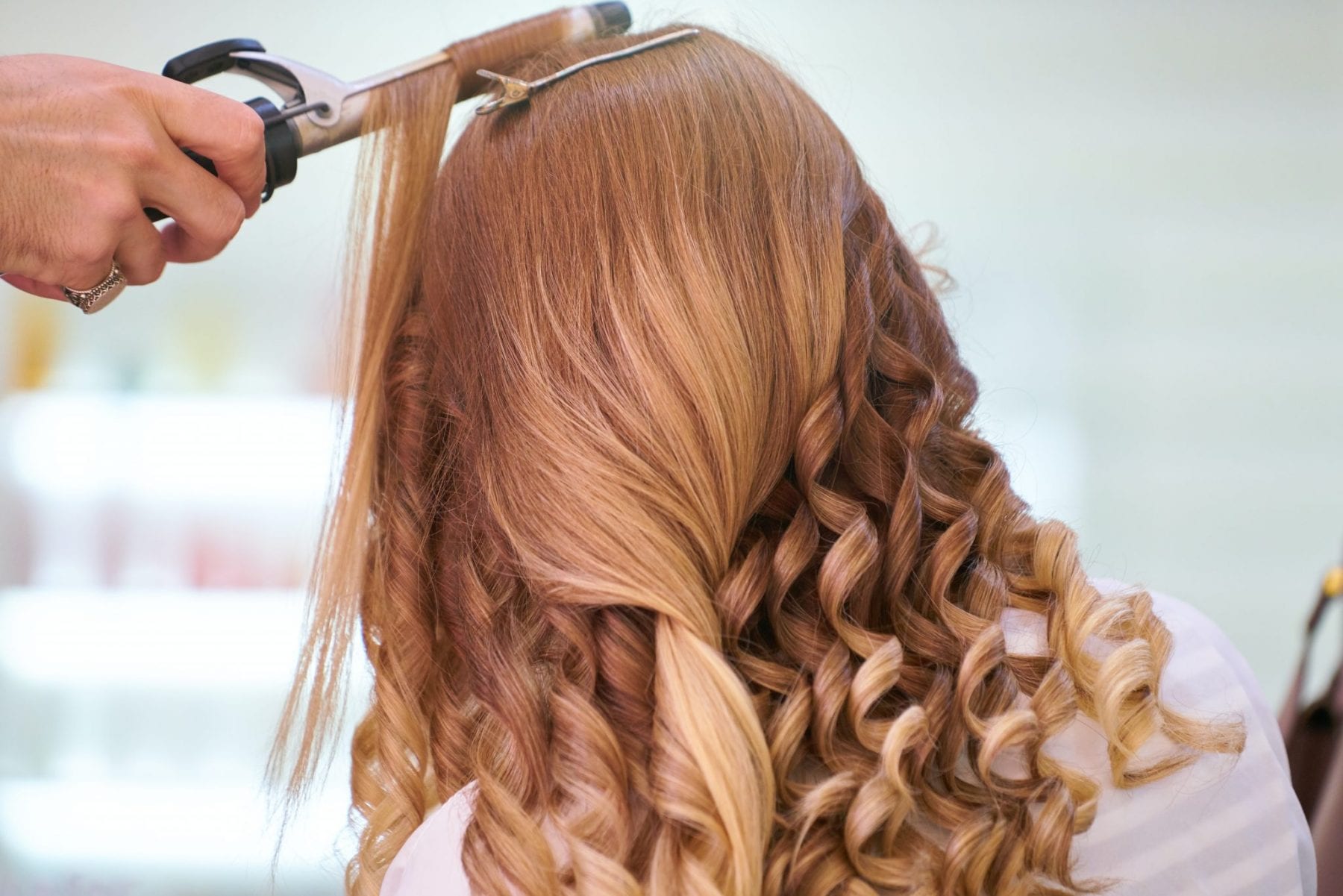HAIR LOSS in women can cause emotional distress. However, almost on third of women can expect to suffer hair loss during their lifetime.
The condition may be the result of heredity, lifestyle choices, hormonal changes, medical conditions or medications.
Many women choose to suffer in silence and cover their hair loss with hairstyles, hats, scarves and makeup. Hair loss treatments which have a more permanent effect are though available.

Most women typically retain the hairline on the forehead but experience thinning across the crown of their head. Hair shafts are reduced in size and strength because of a shortened growth cycle and it becomes most evident in the area of their parting.
Clinicians use the Ludwig Classification to illustrate female pattern hair loss. It shows minor thinning through a pronounced widening of the mid-line part to a see-through appearance on the crown, described as diffused thinning.
Seven Causes of Hair Loss in Women
Hair loss in females can be brought about for a range of reasons. The following seven causes of hair loss in women are the most common ways hair can be lost.
1. Hormonal Imbalance
Women may experience hair loss during the menopause, in the months after giving birth or after coming of the birth control pill. Irregularities in the menstrual cycle alter the production of oestrogen and progesterone and place stress on other areas of a woman’s body. Hair quality, growth and density can be one of the first things to suffer.
2. Shock
Emotional and physical shock can trigger scalp conditions and cause hair loss. Bereavement, accidents, surgery and serious illness can prompt the body to cease certain processes such as hair production. Hair loss due to shock can have a three-month delay between when the triggering event and the onset of hair fall, and generally it is temporary.
3. Nutrition Deficiency
A common cause of hair loss in women is an iron deficiency. Iron is essential for producing hair cell protein and many nutritionists, trichologists and dermatologists believe not eating enough red meat or following a vegetarian diet affects hair loss. In addition, a lack of zinc, amino acid L-lysine, B-6, and B-12 are also believed to adversely affect hair growth.
4. Hypothyroidism
The thyroid gland regulates metabolism by controlling protein production and the body’s use of oxygen, which is sourced from healthy red blood cells. A reduction in the function of the thyroid gland (hypothyroidism), whereby the thyroid gland doesn’t make enough thyroid hormone for the body’s needs, results in anaemia and affects hair follicles.
5. Age
One in three women will suffer from hair loss or reduced hair volume during their life. The most common cause of hair loss in women is androgenetic alopecia, which is hereditary and linked to the ageing process. It is natural that as women get older, their hair gets finer. But, the earlier in life this type of hair loss begins, the more severe it tends to be.
6. Stress
The second most common cause of hair loss is called telogen effluvium (TE). TE is generally caused by anything that stresses the body, and disrupts the lifecycle of hair follicles. It’s typically a temporary condition and triggered by traumatic events such as chronic illness, medical treatments, emotional difficulty and persistent weight loss.
7. Hair Care Routines
Styling hair into tight hairstyles, such as braids and ponytails, can cause traction alopecia while aggressive brushing, hot rollers, curling irons, the compulsive twisting and pulling of hair and chemical treatments and hot oils can cause progressive hair loss. Wide-toothed combs, cooler settings on appliances and better styling practices all contribute to less hair loss.
